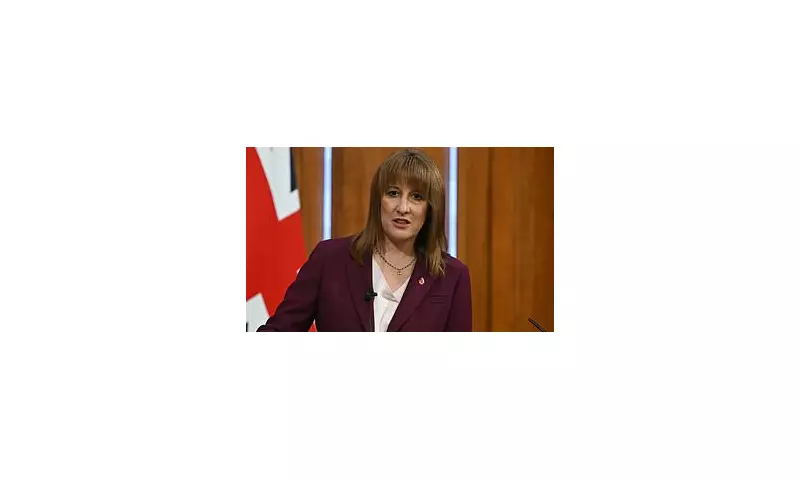
In a startling admission that has sent shockwaves through Westminster, Shadow Chancellor Rachel Reeves has laid bare the reasons behind Labour's dramatic abandonment of its central tax promise. The party's previously ironclad commitment to avoid raising taxes on working people has been shelved, with Reeves pointing to an unprecedented convergence of global events that fundamentally altered Britain's economic landscape.
The Triple Threat That Changed Everything
Reeves identified three seismic events that collectively dismantled the economic foundations upon which Labour's tax pledge was built. According to the Shadow Chancellor, the combined impact of Brexit, Donald Trump's presidency, and the COVID-19 pandemic created circumstances that no policymaker could have anticipated when the promise was originally made.
The Brexit fallout significantly disrupted trade patterns and economic growth projections, while Trump's protectionist policies reshaped global economic relationships in ways that disadvantaged the UK economy. However, it was the coronavirus pandemic that delivered the final blow to the nation's finances, requiring unprecedented government spending and creating structural economic damage that will take years to repair.
Taking Aim at Conservative Mismanagement
Reeves didn't mince words when assigning blame for the current fiscal predicament. She launched a scathing critique of the Conservative government's handling of the economy, accusing them of leaving the country's public finances in a state of disarray.
'The Tories have created a situation where whoever wins the next election will inherit an economic mess of historic proportions,' Reeves stated during her revealing interview. She emphasised that the Conservatives' economic decisions over the past fourteen years have left Britain uniquely vulnerable to global shocks.
The Political Fallout
This dramatic policy reversal represents a significant moment in British politics, as Labour attempts to reposition itself as both fiscally responsible and responsive to changing circumstances. The admission acknowledges what many economists have been warning - that the next government will face tough choices about taxation and spending, regardless of political affiliation.
Reeves's candid explanation marks a departure from traditional political messaging, where U-turns are often downplayed or obscured. Instead, she's chosen to confront the reality head-on, arguing that honesty about the challenges ahead is what voters deserve from their potential future leaders.
The big question remains: will voters appreciate this newfound transparency, or will they see it as another example of political promises being broken?






